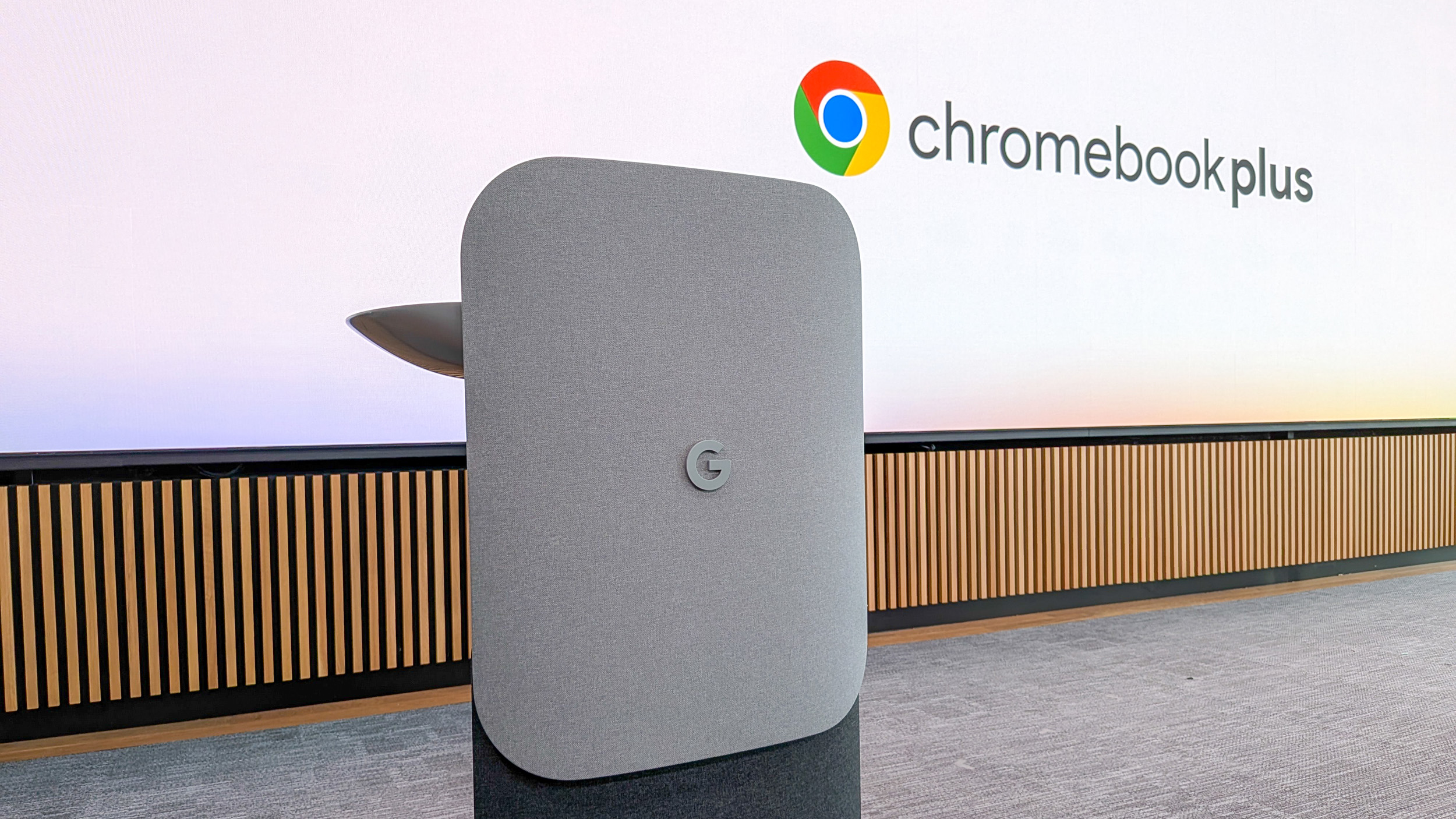Inside Google's Aluminium OS: What the future holds for Android on desktops
Is it ‘Aluminium OS’ or just ChromeOS, reborn? Google’s desktop future is more ambitious than its name.

What you need to know
- A Google job listing confirms "Aluminium OS," a new Android-based operating system for PCs, is in active development.
- Internal references to “non-Aluminium ChromeOS” suggest Aluminium may be an internal codename, not necessarily the final consumer branding.
- Google is baking Gemini-powered AI features directly into the OS, indicating a deeper redesign instead of a simple ChromeOS refresh.
Enjoy our content? Make sure to set Android Central as a preferred source in Google Search, and find out why you should so that you can stay up-to-date on the latest news, reviews, features, and more.
Google is quietly setting the stage for one of its biggest platform pivots in years, and new evidence points to a new desktop-centric version of Android taking shape under the name Aluminium OS.
A recent job listing on LinkedIn, spotted by Telegram user Frost Core, describes Google as working on “a new Aluminium, Android-based operating system,” which all but confirms the project’s existence, Android Authority reports. But at the same time, internal references to “non-Aluminium ChromeOS” suggest that Aluminium may be an internal codename used by Google’s engineering teams.
This shift is not unexpected. Android leads on phones and tablets, and ChromeOS is popular in schools and basic laptops. But Google hasn’t managed to enter the mainstream PC market, which is still ruled by Windows and macOS.
AI at its core
That leaves Google with a clear path: unify its strengths and build a desktop-class platform on top of Android, rather than trying to stretch ChromeOS further. The job listing backs this up, revealing that Aluminium OS is meant to run on laptops, detachables, tablets, and mini-PCs. Google is also designing this system with AI woven into its core, making full use of its Gemini models and signalling that whatever comes next won’t just be ChromeOS with a different coat of paint.
More hints come from the hardware roadmap. Engineers mention distinct tiers such as AL Entry, AL Mass Premium, and AL Premium — labels that sit alongside existing “Chromebook” and “Chromebook Plus” categories. This suggests that Aluminium-based machines might co-exist with ChromeOS for a while, and it’s not limiting the new OS to budget machines. If anything, Aluminium seems designed to scale from cheap student laptops to premium hardware — exactly the space where ChromeOS has struggled to thrive.
The transition won’t be sudden either. Google’s own wording talks about guiding the company “from ChromeOS to Aluminium with business continuity."
The name is still a wild card
The name is still uncertain. “Aluminium” matches Google’s internal codename style, but it doesn’t scream consumer branding. It might appear on retail devices, or Google might fold the new system under the ChromeOS banner to avoid confusing buyers.
Get the latest news from Android Central, your trusted companion in the world of Android
Until the company locks it in, Aluminium is best understood as a label for the platform’s development phase, even if it strongly hints at the future direction of Google’s desktop efforts. The first devices running this Android-based desktop OS are expected to arrive in 2026, and that’s when Google will finally have to decide what name it wants the world to say out loud.

Jay Bonggolto always keeps a nose for news. He has been writing about consumer tech and apps for as long as he can remember, and he has used a variety of Android phones since falling in love with Jelly Bean. Send him a direct message via X or LinkedIn.
You must confirm your public display name before commenting
Please logout and then login again, you will then be prompted to enter your display name.
